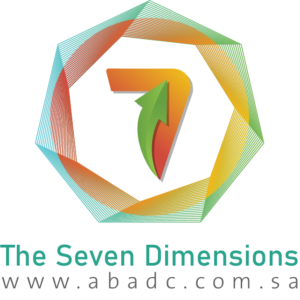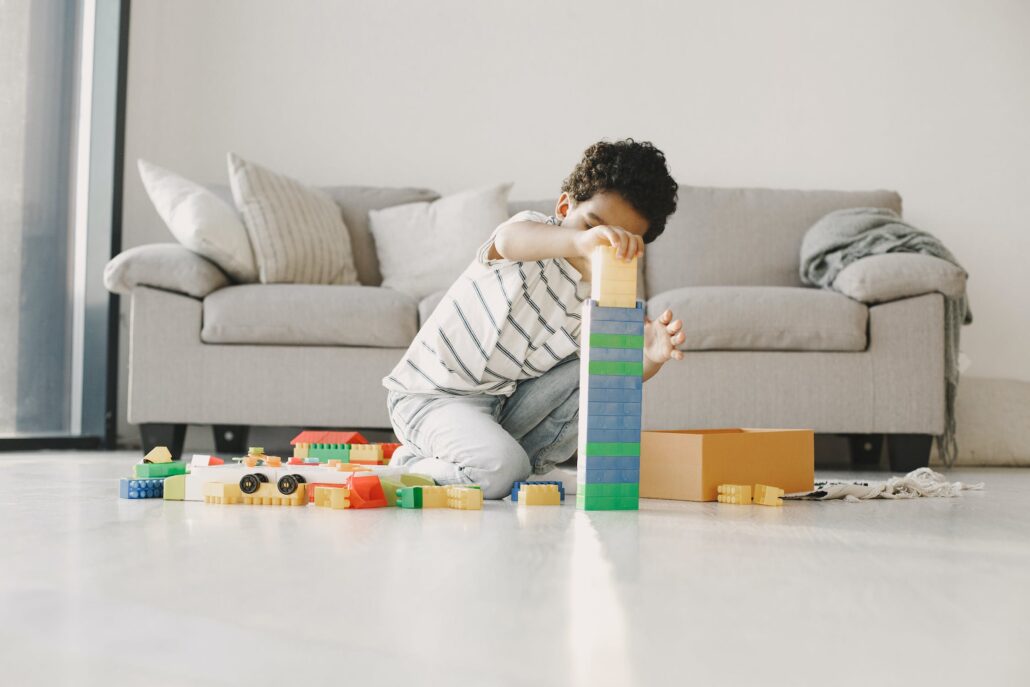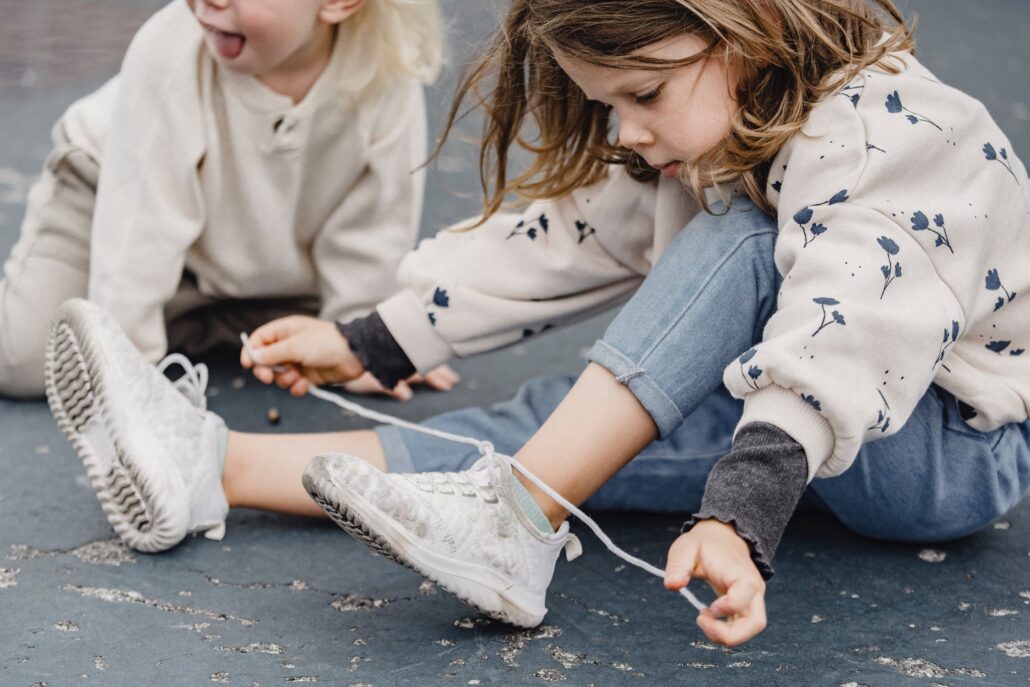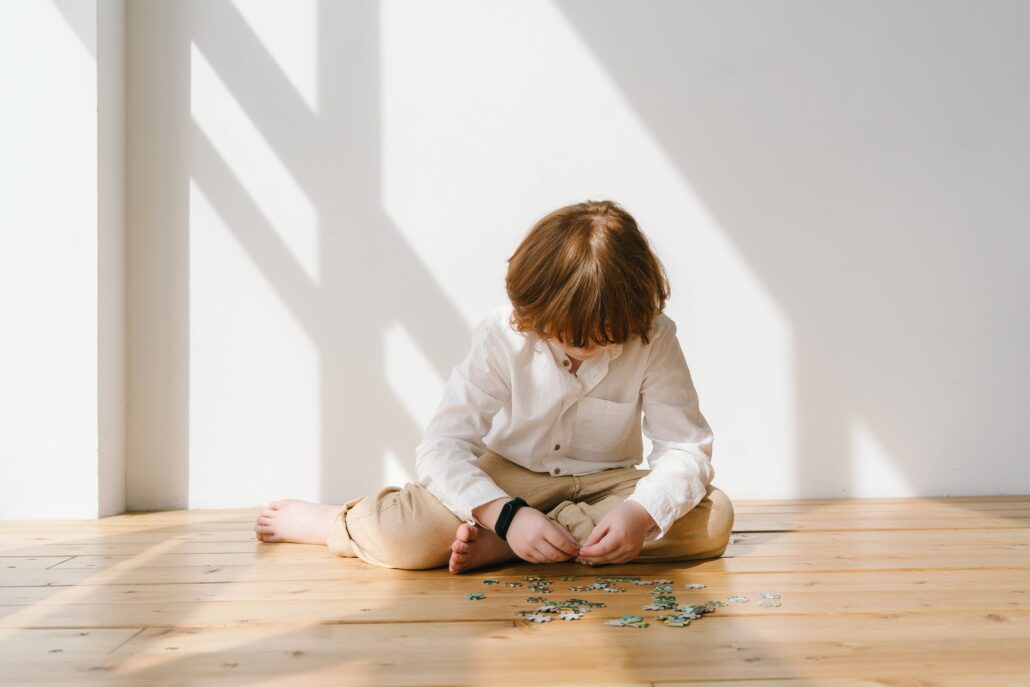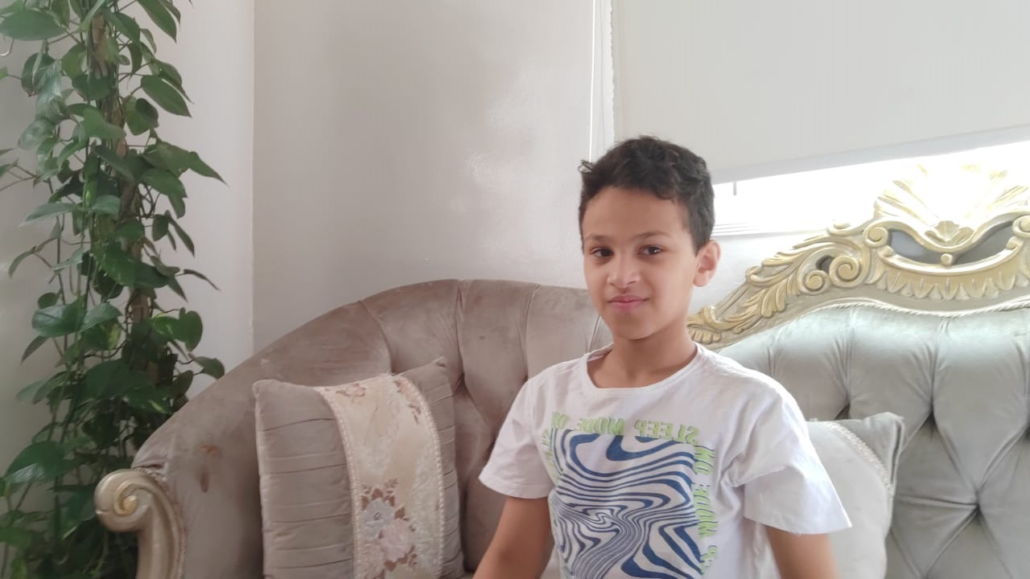
My trip with my son
Written by: a. Abeer Al-Maghribi
Mother of an autism hero
My story began when I had a child named Ahmed, who is the fourth in line. We did not have any knowledge about the disorders and disabilities that affect children until I noticed my child Ahmed when he reached the second year. Failure to respond to calls, weakness in eye contact, and failure to interact with his siblings or other relatives of his age, and due to my university studies in the field of hearing impairment, I thought the main reason was hearing loss, so I sought audiology consultations, and it became clear to me that my son was not responding to instructions.
I resorted to specialists, including doctors and specialists in various fields, until the end of the search for a diagnosis of the problem: my son has autism spectrum disorder, and here was the shock.
At this stage, I started searching in different places in the hope of finding a different diagnosis. There were no clinics or centers for awareness, guidance, and guidance for families about identifying my child’s condition in the correct way.
He was attached to one of the centers However, the case was not dealt with at the required level. I was repeatedly asked to give my son a drug in order for him to sit in the center, despite follow-up with a specialist doctor. The center lacked the appropriate way to contain the family and direct the mothers to the right path. Which worsened my psychological state.
I had little experience at that time, and those years were the most difficult stage I went through in my journey with Ahmed. I avoided integration into society and contented myself with isolation to avoid looks of pity or resentment due to my inability to control outbursts of anger or modify his incorrect behavior.
I began, relying on my personal efforts, to delve deeper into the world of autism spectrum disorder. I joined and registered for many courses, including courses in the field of speech and communication, lectures on sensory integration, and I read medical articles after translating them. This helped me increase knowledge and delve deeper into the details of the world of autism spectrum disorder, and this was reflected in my knowledge of correct treatment. With his unacceptable behaviors and transforming them into acceptable behaviors.
It became clear to me that my child’s rehabilitation is an integrated program that is interconnected in many aspects, and that the medication aspect is a small part of a large program for autism spectrum disorder, and it is not the only thing.
Which changed my interest to broad research in the field of autism spectrum disorder, I began to focus on independence skills that support self-reliance, such as using the bathroom, dressing, brushing teeth, bathing, eating alone, helping around the house, and other tasks. I was helped in this by using pictures and analyzing the tasks. Conduct individual home sessions, I also prepared training plans with the help of his trainer in one of the training centers that Ahmed joined.
So I started with Ahmed from the easiest ones, such as asking, naming, and playing skills, and progressed to the more difficult ones, such as the skills of perception, imitation, and simulation, with continuous evaluation of what he had acquired and generalizing that in the natural environment.
I also tried to understand the function of the unacceptable behaviors coming from Ahmed, so I began tribal intervention with him to understand the tribal motives and stimuli that cause these behavioral problems.
As it became clear that such programs need to expand the training circle inside and outside the home, for example in public places, such as awareness of danger, the correct way to sit in the car, the correct way to play with children in games, and controlling his impulsivity towards what he sees or what he wants, so I added goals. New to the rehabilitation plan that is appropriate for him.
Praise be to God, who has enabled me to achieve successes that satisfy me, and I am still at the beginning of the journey. Like any mother, I have future fears when my son passes puberty. There are still no special centers, institutes, clubs, or vocational institutes for adults with autism spectrum disorder, which has negatively affected the fears of many families regarding… The future of their children.
It became clear to me that my child’s rehabilitation is an integrated program that is interconnected in many aspects, and that the medication aspect is a small part of a large program for autism spectrum disorder and is not the only thing. Which changed my interest to broad research in the field of autism spectrum disorder. I am now on my way to obtaining a qualified supervisor’s license and a practitioner of autism services (QASP) in Applied Behavior Analysis due to its importance in qualifying my child’s behaviors into appropriate behaviors for integration into society. I aspire to have a center to help children of determination adapt to life, overcome obstacles, and support their families by providing advice and moral support. Psychological because the family is the basic building block for helping and containing the child.
After an experience full of difficulties, achievements, and God’s blessings, and then the support and participation of my family, Today, I am a strong mother who supports my son and his peers with autism spectrum disorder in their journey to rehabilitate and empower them towards a better future. And supportive of families with appropriate guidance and guidance.
